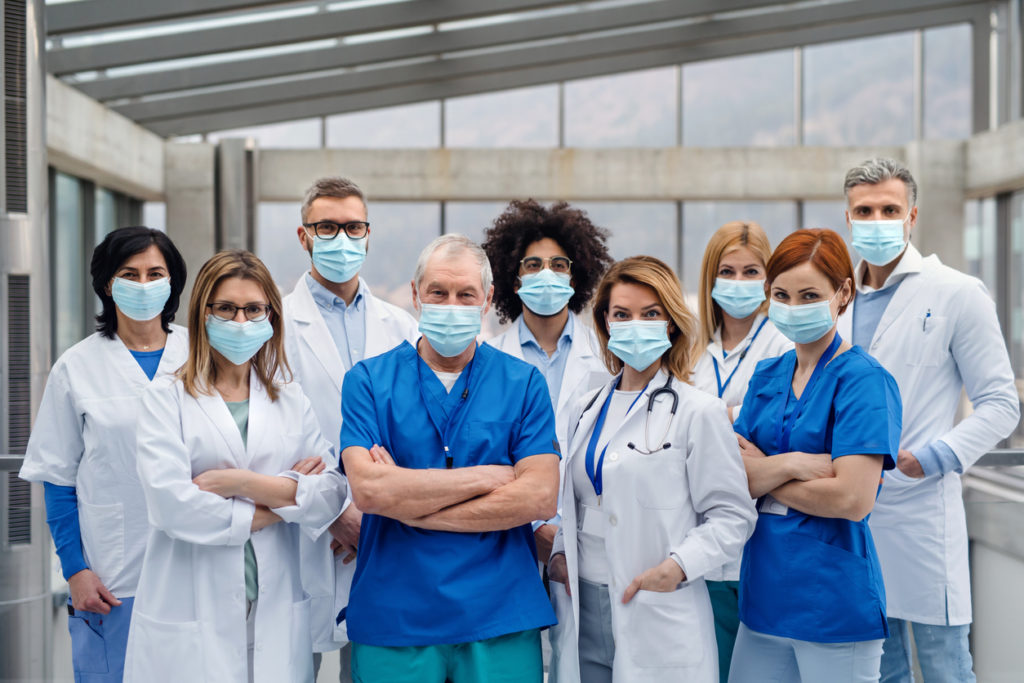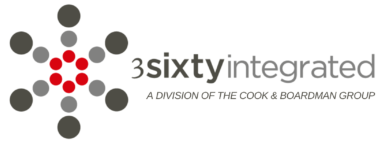
If the pandemic has taught us anything, it is that we do not know what the future holds.
With the Delta variant on the rise, hospitals predict to see 4,800 to 20,000 new cases over the next month. As cases surge, it is critical that hospitals are equipped to combat this highly-contagious virus strain.
It is key that hospitals possess the necessary security technology to protect patients during the pandemic and beyond. Regardless of the situation, vulnerable individuals depend on healthcare providers to keep them safe and secure.
A common challenge faced in healthcare is finding the balance between providing exceptional patient care while maintaining safe and secure healthcare facilities. Healthcare providers are trained to treat patients to the best of their ability, yet they are unable to be everywhere at once. Visitors flood into hospitals to see sick family members and friends throughout the day. Masks are still required in hospitals, yet how can such high-traffic places ensure CDC guidelines are being properly maintained?
Hospital security may seem complex, but it doesn’t have to be. Hospitals can manage this protection with ease through the newest innovations in healthcare security applications.
AI Cameras
AI cameras process and enhance images through real-time analysis and processing. These capabilities are crucial when considering that prior to the pandemic, an average of 612,000 people entered hospitals throughout the country every day.
With so many individuals entering a hospital daily, it can be challenging to ensure that the entirety of a hospital’s property is secure 24/7. Being able to verify this information is even more crucial when in the midst of a pandemic. AI cameras allow hospitals to spend less time on surveillance as irregular actions, such as suspicious behavior or potentially dangerous activities, are immediately detected and reported.
A hospital security team needing to pinpoint exactly what an individual looks like can easily accomplish this task with the aid of AI cameras. These cameras give hospitals the ability to engage in object-specific searches. A staff member can search for something as simple as “red shirt, blue jeans” and access hundreds of high-definition images of every individual who fits this description.
This level of personalization and clarity can help hospitals detect the physical characteristics of a lost child, patient, potentially dangerous visitor, and numerous other high-risk parties.
Mask Detection
The rise in Delta variant cases has forced masks to remain a top requirement in hospitals. Luckily, AI cameras are able to further assist hospitals by ensuring that appropriate mask-wear is maintained.
When an individual enters a hospital, the manner in which they are wearing their mask will be instantly recorded. Hospital visitors and patients will then be labeled as compliant or non-compliant mask wearers. Compliant individuals are those who are wearing their mask correctly, while non-compliant individuals are those who are either not wearing a mask or are doing so in a harmful manner.
Incorrect mask use will trigger certain alarms, which can be notification-based, audible, or visual. These signals allow hospitals to proactively enforce CDC guidelines and ensure that high-risk patients, external visitors, and first responders are protected from the virus.
License Plate Recognition
Having complete insight into who is entering and leaving a hospital is crucial when working to provide peak patient care. License plate recognition ensures that patients and visitors are protected from the moment they drive into the parking lot.
License plate recognition software captures the entry of high-risk or VIP patients. Healthcare providers are then notified that these patients have arrived, which allows healthcare providers to react and mobilize quickly.
This software also enables hospitals to create watch lists for specific groups like staff members, non-approved visitors, and other hospital attendees. Hospital valet areas can also be monitored, which leaves no car left unregistered on the premises. And if a patient or visitor’s vehicle is ever stolen, their vehicle information can be accessed within seconds.
Hospitals are ultimately given access to a complete record of every vehicle present on their property. The need for parking barriers is also reduced as vehicle data is saved automatically, which creates a frictionless experience for those entering hospital parking lots.
This solution not only lowers costs and creates operational efficiency, but it also helps to save the lives of hundreds of patients rushing to the hospital.
Patient Tele-Monitoring
With so many patients and so few medical staff, patient tele-monitors provide an efficient way for multiple patients to be observed at once.
Fixed or mobile cameras make this two-way communication possible between medical staff and patients. These real-time interactions are particularly helpful when a patient is located in the ICU as they may be extremely high-risk.
In order to avoid violating HIPAA rules, patient interactions are not recorded. Filters can also be placed on a patient’s face in order to ensure complete privacy.
And yet, this technology can be lifesaving. Tele-monitoring technology tracks specific movements and behaviors and will raise an alarm if a patient unexpectedly falls or undergoes a certain trauma. If a patient has not been checked on for a particular length of time, then staff are immediately notified as well.
Facial recognition features also allow hospitals to identify and document who is entering the room. A hospital is able to know who is visiting a patient, which nurses and doctors are caring for a certain person, and be assured that their patient is safe at all times.
Overall, tele-monitoring ensures that hospitals are performing their due-diligence and doing everything they can to protect every single patient in their care.
Moving Forward
Treating patients and supervising staff is top-priority, but so is protecting every individual that walks through a hospital’s doors.
Having proper security measures in place creates a safe and secure hospital environment that ultimately reduces the burden of hospital employees, which increases overall patient care. Healthcare providers are able to focus on their patients, track exactly who is in the building, and potentially life-saving health measures can be upheld even when no one is watching.
3Sixty Integrated is here to aid healthcare facilities such as hospitals, educational centers, clinics, hospices, and other key medical centers develop viable security solutions that will protect patients, families, hospital staff, and healthcare providers with ease. Our team can create customized security applications that will allow your organization to overcome the pandemic and thrive in the future. For more information, click here to schedule a short, 15-minute meeting or call us at 877-374-9894.

